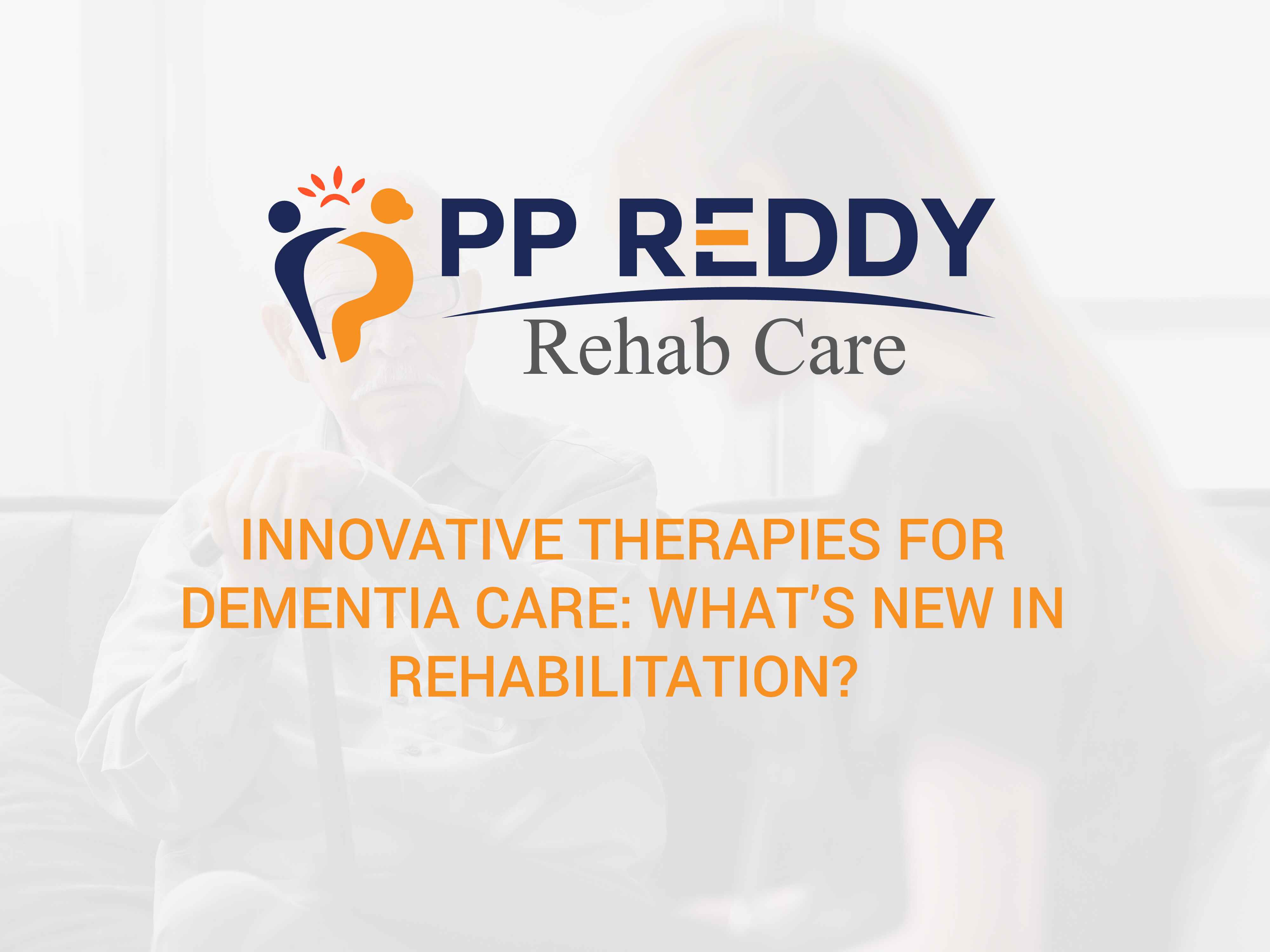
Innovative Therapies for Dementia Care: What’s New in Rehabilitation?
Dementia is a complex condition that affects millions of people worldwide, and finding effective ways to care for those with dementia is a challenge that continues to inspire new research and approaches. Rehabilitation centers are at the forefront of this effort, constantly evolving their methods to provide the best care possible. In this post, we’ll explore some of the latest innovative therapies making waves in dementia care and answer some common questions you might have.
The Evolution of Dementia Care: What’s Changing?
Traditionally, dementia care focused on managing symptoms and providing a safe environment for patients. While these are still crucial aspects of care, rehabilitation centers are now exploring therapies that go beyond basic care, aiming to improve cognitive function, enhance quality of life, and even slow the progression of the disease.
What Are Some of the New Therapies in Dementia Care?
Here are some of the most promising innovative therapies being used in rehabilitation centers today:
1. Cognitive Stimulation Therapy (CST):
Cognitive Stimulation Therapy is a structured program that involves engaging activities designed to stimulate thinking and memory. It’s often done in small group settings, which also helps with social interaction. CST has been shown to improve cognitive function and enhance the quality of life for people with mild to moderate dementia.
2. Virtual Reality (VR) Therapy:
VR therapy immerses patients in simulated environments, which can help stimulate memories, reduce anxiety, and improve mood. For example, a patient might "visit" a beach or a favorite childhood place, triggering positive emotions and helping with mental engagement.
3. Music and Art Therapy:
Creative therapies like music and art have been found to be incredibly beneficial for dementia patients. Music therapy, in particular, can evoke emotions and memories, helping patients connect with their past. Art therapy allows for self-expression, which can be therapeutic and calming.
4. Reminiscence Therapy:
This therapy involves discussing past experiences, often with the aid of photos, music, or other tangible items from the patient’s life. Reminiscence therapy can help individuals with dementia feel more connected to their past and improve their mood.
5. Exercise and Physical Therapy:
Regular physical activity is crucial for maintaining mobility and overall health. Rehabilitation centers are incorporating tailored exercise programs that not only help with physical fitness but also have been shown to benefit cognitive health.
6. Sensory Stimulation:
Sensory stimulation involves the use of everyday objects to engage the senses. This can include touching different textures, smelling familiar scents, or listening to calming sounds. It’s particularly helpful for patients in the later stages of dementia.
FAQs About Innovative Dementia Therapies
Q: Can these therapies cure dementia?
A: Unfortunately, there is no cure for dementia at this time. However, these innovative therapies can significantly improve quality of life, slow the progression of symptoms, and help patients remain engaged and active.
Q: Are these therapies suitable for all stages of dementia?
A: Many of these therapies can be adapted for different stages of dementia. For example, Cognitive Stimulation Therapy is typically used in the early to moderate stages, while Sensory Stimulation may be more beneficial for those in the later stages. A professional caregiver or therapist will assess each patient’s needs to determine the most appropriate therapies.
Q: How can I access these therapies for my loved one?
A: Most rehabilitation centers offer a range of these therapies as part of their dementia care programs. It’s best to speak directly with a care provider at the center to understand what specific therapies are available and how they can be tailored to your loved one’s needs.
Q: Do these therapies have any side effects?
A: Generally, these therapies are safe and have few, if any, side effects. The key is to ensure that they are administered by trained professionals who can monitor the patient’s response and adjust the therapy as needed.
Conclusion: A Brighter Future for Dementia Care
The field of dementia care is evolving rapidly, and these innovative therapies offer hope for improving the lives of those affected by the condition. Whether it’s through stimulating the mind with Cognitive Stimulation Therapy, creating joyful experiences with Virtual Reality, or calming the spirit with Sensory Stimulation, rehabilitation centers are dedicated to providing the best possible care. For more details contact us today.
If you or a loved one is dealing with dementia, consider exploring these new therapies. They represent the future of dementia care, bringing us one step closer to enhancing the quality of life for everyone affected by this challenging condition.
